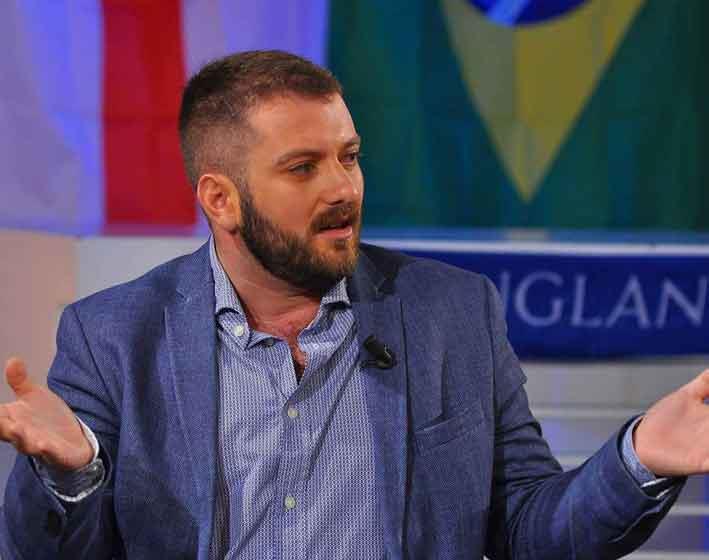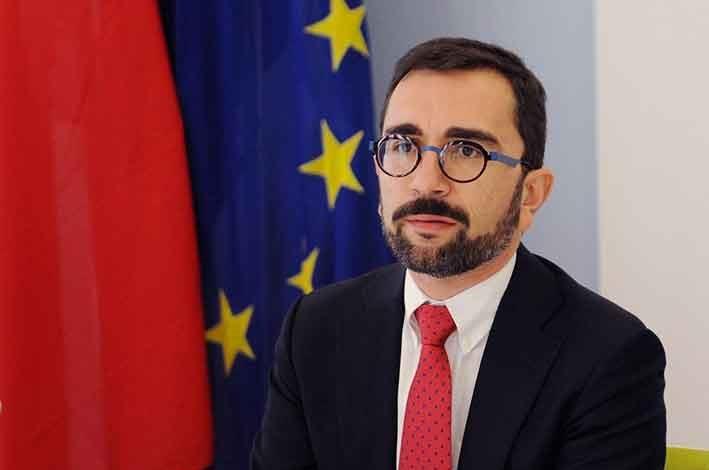The ‘Marriage Equality Bill’, which Prime Minister Joseph Muscat has committed himself towards implementing for the past few months and throughout the electoral campaign, will not only create new rights for LGBTIQ couples; it will also create new rights for heterosexual couples, according to Silvan Agius, Director for Human Rights and Integration within the Ministry for Social Dialogue, and Member of the LGBTIQ consultancy council.
Speaking to The Malta Independent, Agius said that one of the things this proposal brings about is that heterosexual men would be able to take their wife’s surname, a right which is currently allowed in the civil union regime but not in that of civil marriages.
“If marriage equality is to apply to us all, we cannot have a situation where something applies to gay couples and does not apply to heterosexual couples, and vice versa,” he said. He went on to say that the bill “is more of a marriage modernization bill rather than just a marriage equality bill for LGBTIQ couples.”
“We are not only equalizing on the ground of sexual orientation but also on the grounds of sex, removing differences between husband and wife as well,” he said, emphasizing the need to “bridge the gap” between LGBTIQ and heterosexual civil marriage rights.
For the LGBTIQ community, “having equal civil marriage rights will mean the ability to celebrate our unions under the same laws as everyone else,” he said.

Also contacted by this newspaper, Russel Sammut (above), part of Allied Rainbow Communities, explained that the switch from civil union to civil marriage is also progress for the LGBTIQ community from a “social and cultural perspective” in a figurative way, where the term ‘marriage’ has perhaps more positive connotations which are linked with tradition and culture. He added that civil union will still be available for LGBTIQ couples, and will not be eliminated with the introduction of civil marriage for same-sex couples.
Agius (below) stated his belief that all laws should be going in this direction. “The constitution states there should be no difference in treatment on the ground of sexual orientation, so this is now something that Malta aspires to. We want to see this equality in practice,” he concluded.
Religious practices will still stick to their teachings, and church weddings will not be included in the marriage equality bill.
He explained that there are LGBTIQ situations which still need to be addressed in Parliament in the future, such as issues linked with lesbian couples and infertility alternatives.

One of the first electoral pledges Prime Minister Joseph Muscat has committed himself towards within his new legislature is passing the gay marriage legislation that has been sitting on the shelf before Parliament’s summer recess. The Nationalist Party had also urged for this move within their electoral manifesto. This would be another step forward for the Labour Government with regards to civil liberties.
Since the introduction of civil union in 2014 and the Affirmation of Sexual Orientation, Gender Identity and Gender Expression Act was approved in 2015, Malta has repeatedly ranked first as the most progressive European country in LGBTIQ rights on ILGA-Europe’s Rainbow Index, among 49 Council of Europe Member States where legislation and policy of LGBTIQ rights are concerned.
The Trans, Gender Variant and Intersex Inmates Policy also implemented guidelines to be followed by correctional services.